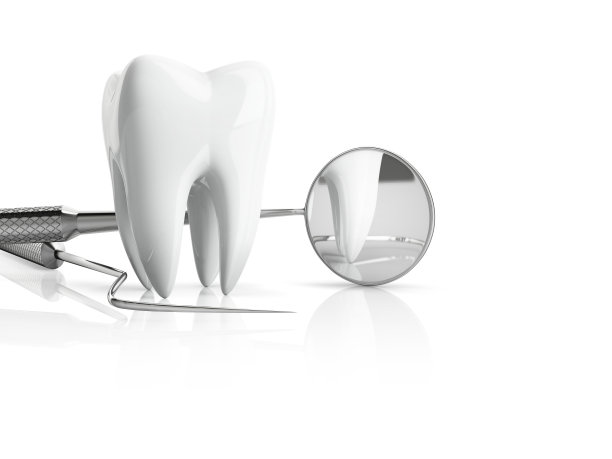Understanding the Impact of Periodontal Disease on Overall Health and Wellbeing in Adults Today
Summary: Periodontal disease, commonly known as gum disease, is a serious condition that affects not only oral health but also overall health and well-being. This article delves into the intricate relationship between periodontal disease and systemic health issues, emphasizing the influence of inflammation, its association with chronic diseases, the psychological impact on individuals, and the importance of prevention and treatment strategies. Understanding these connections is crucial for adults today as it underscores the significance of maintaining good oral hygiene and seeking timely dental care to enhance overall health.
1. The Role of Inflammation in Periodontal Disease

Periodontal disease is primarily characterized by chronic inflammation caused by bacterial infections in the gums. This inflammation can lead to the destruction of both the supporting structures of teeth and the surrounding bone. The inflammatory response is the body’s defense mechanism, but when it becomes chronic, it can have detrimental effects on other systems in the body.
Chronic inflammation associated with periodontal disease has been linked to systemic conditions such as cardiovascular disease. Research indicates that the pathogens responsible for gum disease may enter the bloodstream, promoting the formation of arterial plaque. Over time, this can lead to more serious conditions like heart attacks and strokes.
Moreover, elevated levels of inflammatory markers, commonly seen in patients with periodontal disease, can exacerbate existing health issues, revealing an important need for holistic approaches in treating oral health problems and their related systemic impacts.
2. Connection with Chronic Diseases
Periodontal disease is more than just a dental issue; it is increasingly recognized as a risk factor for several chronic illnesses. For instance, studies have shown that individuals with diabetes have a higher prevalence of periodontal disease. The relationship is bidirectional: diabetes can worsen periodontal conditions, and periodontal disease can make diabetes harder to control due to increased inflammation and the body’s response to infection.
Additionally, emerging research suggests that there is a connection between periodontal disease and respiratory diseases. The bacteria from infected gums can be aspirated into the lungs, potentially leading to respiratory infections and exacerbating chronic conditions like COPD (Chronic Obstructive Pulmonary Disease).
Furthermore, inflammation linked to gum disease may play a role in conditions such as rheumatoid arthritis and Alzheimer’s disease. This highlights the necessity of viewing oral health as an integral part of overall health management, especially for adults prone to these chronic diseases.
3. Psychological Impact on Individuals
The impact of periodontal disease is not limited to physical health; it can also significantly affect psychological well-being. Individuals suffering from gum disease often experience anxiety and stress related to their oral condition, which may manifest in various ways such as poor self-esteem and social withdrawal. Aesthetic concerns surrounding oral issues can lead to a reduction in one’s quality of life.
Moreover, the discomfort and pain associated with periodontal disease may contribute to further psychological distress. Chronic pain can lead to irritability, depression, and a general sense of helplessness, creating a vicious cycle that impairs a person’s ability to maintain their oral hygiene and seek treatment.
Addressing the psychological facets of periodontal disease is essential for comprehensive treatment; not only is it vital to alleviate the physical symptoms, but mental health support should be included in the care regimen to enhance emotional resilience and improve overall well-being.
4. Importance of Preventive Care and Treatment
Given the significant impacts of periodontal disease on overall health, preventive care is crucial. Regular dental check-ups, cleanings, and early intervention can help manage and, in some cases, reverse periodontal disease before it leads to more serious health complications. Home care routines, including effective brushing and flossing, are also fundamental in preventing gum disease.
Additionally, education on the importance of maintaining oral health should be emphasized. Healthcare providers can play a vital role in raising awareness of the links between periodontal disease and systemic health conditions, encouraging patients to take their oral hygiene seriously.
In cases where periodontal disease is already present, timely treatment is essential. Various methods such as scaling and root planing, along with advanced therapies, can help in managing the disease and restoring gum health. Consequently, prioritizing both preventive and corrective measures in dental care can significantly enhance adult health outcomes.
Summary:
Understanding the multifaceted effects of periodontal disease on overall health and well-being in adults today highlights the importance of maintaining oral health. The intricate relationship between oral and systemic health stresses the need for conscious preventive measures and comprehensive treatment strategies to mitigate risks associated with this prevalent condition.
This article is compiled by Vickong Dental and the content is for reference only.


